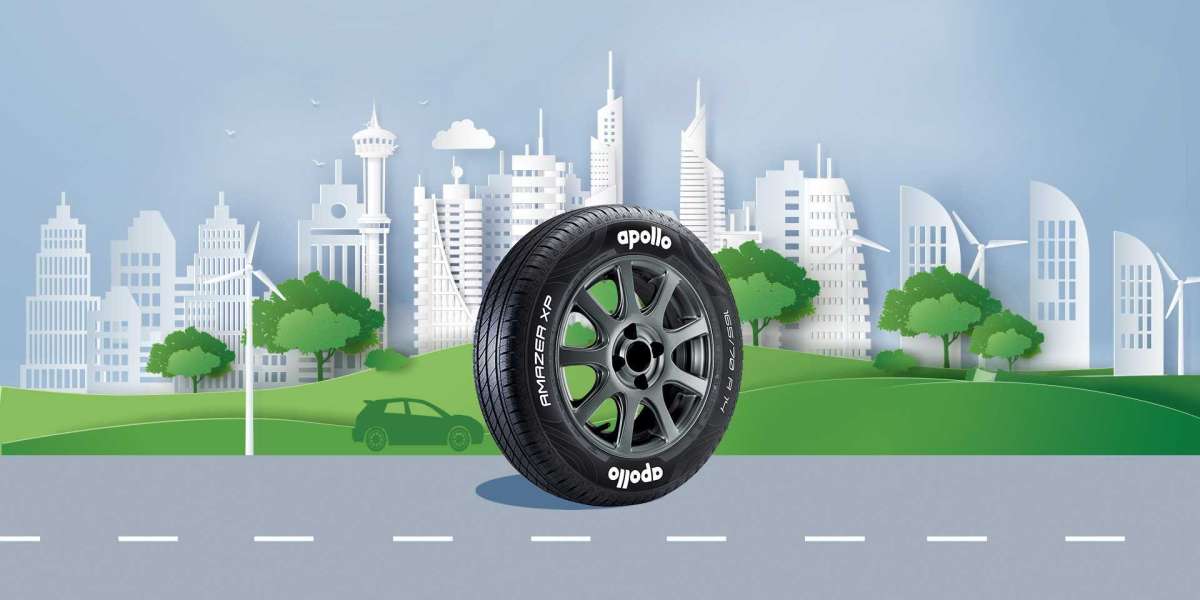The quest for improved vehicle performance and increased safety has led to advancements in various automotive technologies, and one such innovation gaining popularity is the use of nitrogen in car tyres. Traditionally, compressed air has been the standard choice for tyre inflation, but the unique properties of nitrogen offer several advantages that appeal to both everyday drivers and automotive enthusiasts.
In this article, we will explore the benefits of using nitrogen for car tyres, the science behind its advantages, and the practical aspects of incorporating this inert gas into your vehicle's tyres.
Understanding Nitrogen and Its Properties
Nitrogen is an inert, colorless, and odorless gas that makes up approximately 78% of Earth's atmosphere. Its inert nature means that nitrogen is less likely to react with other substances, making it an ideal choice for tyre inflation. Unlike compressed air, which contains a mix of gases, nitrogen minimizes the presence of oxygen and water vapor. This has significant implications for tyre performance and longevity.
Benefits of Nitrogen in Car Tyres
1. Maintaining Tyre Pressure: One of the primary benefits of nitrogen is its ability to maintain tyre pressure more effectively than compressed air. Nitrogen molecules are larger than oxygen molecules, reducing the rate at which they escape through the tyre's rubber compound. This results in more stable tyre pressure over time, promoting optimal fuel efficiency, improved handling, and enhanced safety.
2. Reduced Oxidation and Corrosion: Unlike oxygen, nitrogen does not support combustion or rusting. In the context of tyre inflation, this means that using nitrogen helps reduce oxidation and corrosion within the tyre and the wheel assembly. This can lead to extended tyre life and a decrease in the likelihood of slow leaks caused by rim corrosion.
3. Temperature Stability: Nitrogen exhibits better temperature stability compared to compressed air. The composition of compressed air can change with temperature fluctuations, affecting tyre pressure. Nitrogen, being less sensitive to temperature changes, provides more consistent pressure, especially in extreme weather conditions.
4. Improved Fuel Efficiency: Stable tyre pressure is directly linked to fuel efficiency. Vehicles with properly inflated tyres experience less rolling resistance, resulting in improved gas mileage. Nitrogen's ability to maintain stable tyre pressure over time contributes to sustained fuel efficiency and cost savings for drivers.
5. Enhanced Safety: Properly inflated tyres are crucial for vehicle safety. Nitrogen's resistance to pressure fluctuations reduces the risk of under-inflation or over-inflation, which can lead to blowouts or decreased control while driving. By promoting stable tyre pressure, nitrogen contributes to a safer driving experience.
Watch now: https://www.youtube.com/watch?v=Tooupx-6KT4
Using Nitrogen in Car Tyres
1. Nitrogen Inflation Process: The process of inflating tyres with nitrogen involves replacing the existing air with purified nitrogen. This is typically done at specialized service centers equipped with nitrogen generators. The existing air is removed, and nitrogen is introduced to achieve the desired pressure.
2. Cost and Accessibility: While nitrogen was once primarily used in specialized applications, its use in consumer vehicles has become more accessible. Many tyre retailers and service centers now offer nitrogen inflation services. Though there may be a nominal cost associated with this service, the long-term benefits often outweigh the initial investment.
3. Regular Maintenance: While nitrogen helps maintain stable tyre pressure for a more extended period, it's essential for drivers to practice regular tyre maintenance. Routine pressure checks and adjustments, as needed, ensure that the tyres continue to perform optimally, providing all the benefits associated with nitrogen inflation.
Conclusion
The adoption of the benefit of nitrogen in car tyres represents a significant leap forward in optimizing vehicle performance, safety, and environmental sustainability. As drivers become increasingly aware of the advantages offered by nitrogen, its use is likely to become more prevalent in the automotive industry.
From improved fuel efficiency to enhanced safety and prolonged tyre life, nitrogen inflation aligns with the evolving needs of modern drivers. While the initial transition may involve a minor investment, the long-term benefits make nitrogen an attractive choice for those seeking an innovative approach to tyre maintenance and performance optimization. As technology continues to shape the automotive landscape, nitrogen in car tyres stands out as a practical and forward-thinking solution for the discerning driver. For more information visit the website.








